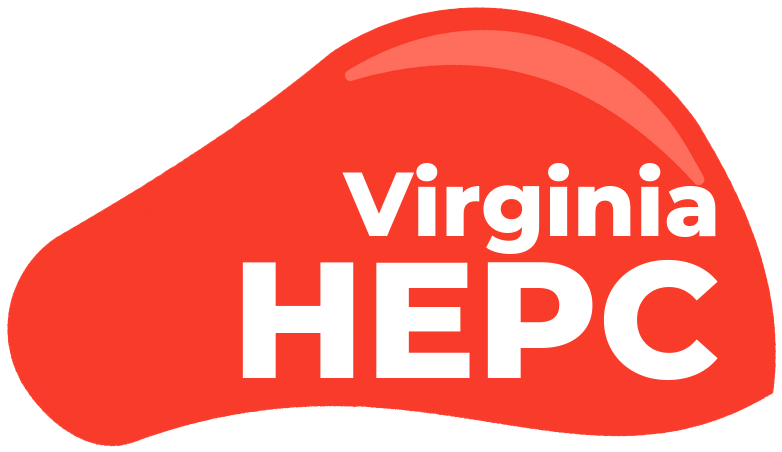In June 2018, the Virginia Department of Health and the University of Virginia joined to develop an innovative method to connect people without access to hepatitis C (HCV) care to HCV treatment near their homes. This approach is possible due to the simplicity and ease of current HCV treatment options. In January 2023, this program transitioned to Sentara Martha Jefferson Medical Group to continue its work.
Mission
Our mission is to cure hepatitis C across
Virginia by increasing access to care through telemedicine for those remote to care by location or stigmatization, and to educate and train clinicians and care teams to treat HCV.
Virginia HEPC uses three strategies to achieve its mission. First, simple clinician or self-referral to telemedicine treatment by an Infectious Disease Specialist. Second, regular training opportunities for clinicians and care teams to increase local treatment capacity, and third, helping people with HCV recently released from incarceration access treatment.
HCV transmission and opioid use are strongly correlated. Up to 80% of new HCV infections are in people who inject drugs (PWID) with unsterile equipment. People living in rural regions and PWID face significant barriers to HCV treatment and limited access to services. To reduce the rate of new infection, Virginia HEPC focuses on care for people with current and past substance use. VA HEPC also connects patients to office-based opioid treatment (OBOT) programs and comprehensive harm reduction services as needed.
Through collaboration with community partners, VA HEPC has been able to connect patients to treatment for HCV and begin them on a path to self-care. In addition to curative treatment for their HCV, patients receive vaccinations for hepatitis A and hepatitis B, family planning and birth control, assistance signing up for Medicaid, and help to connect to primary care clinicians for other health care needs.
VA HEPC is working to eliminate
HCV from Virginia
Click image to zoom
““This partnership [with VA HEPC] has allowed me to leave a positive mark on the lives of my clients. I get to help them improve their health, reduce future risk, and empower them to make better decisions in the future. There is no greater joy than to be able to tell a client who has worried for many years about a disease that could potentially kill them, ‘You are cured.’””


